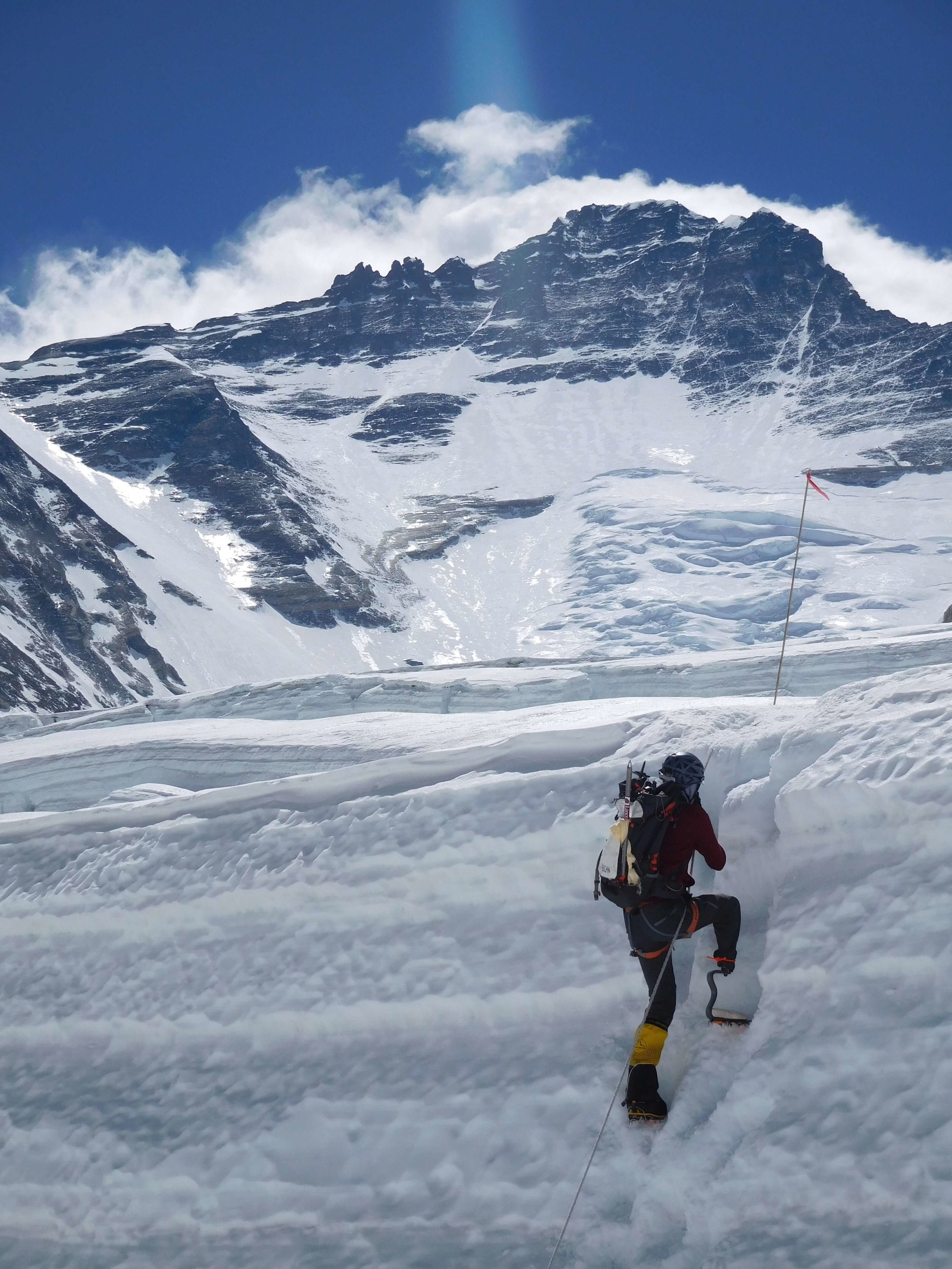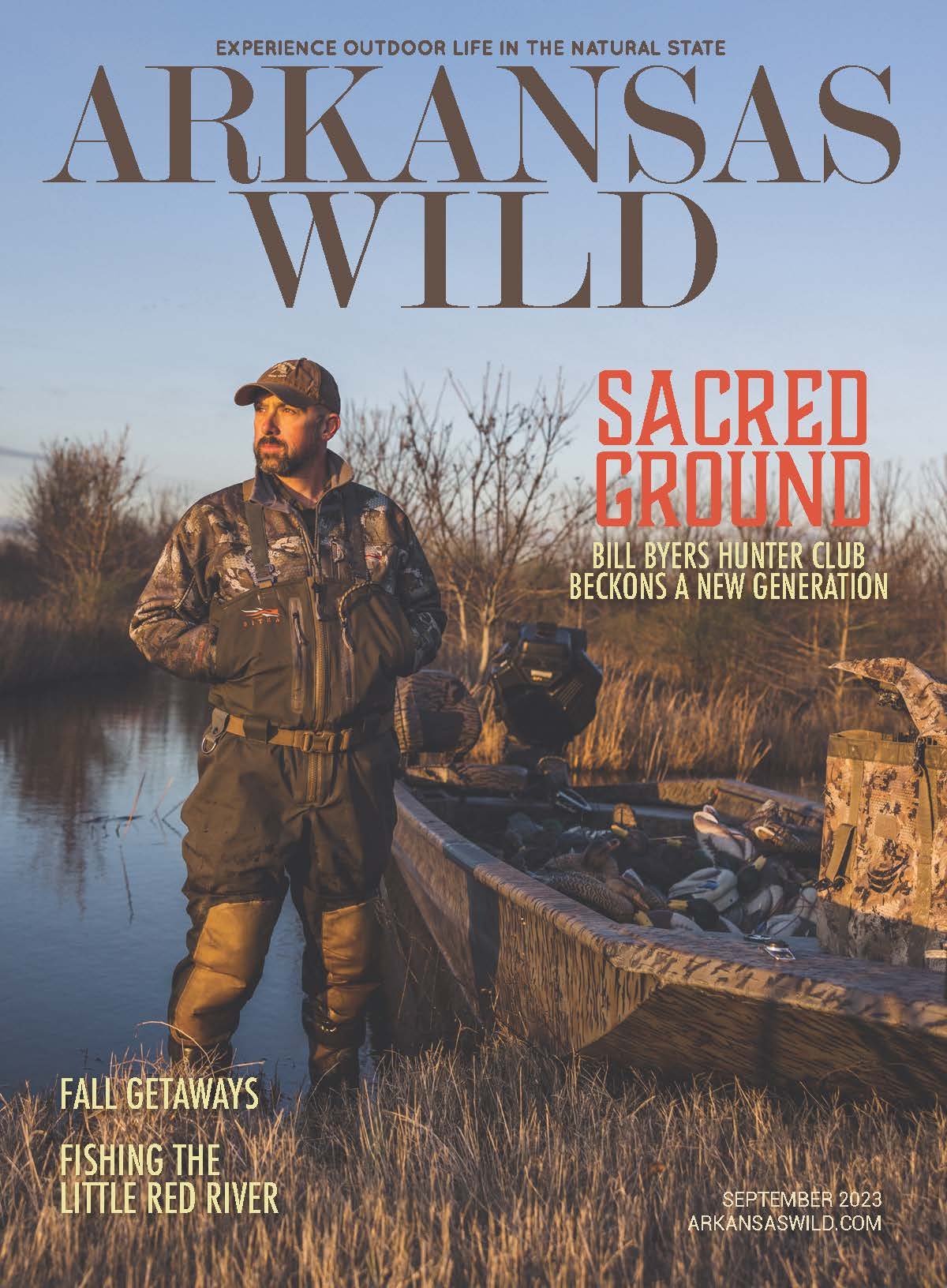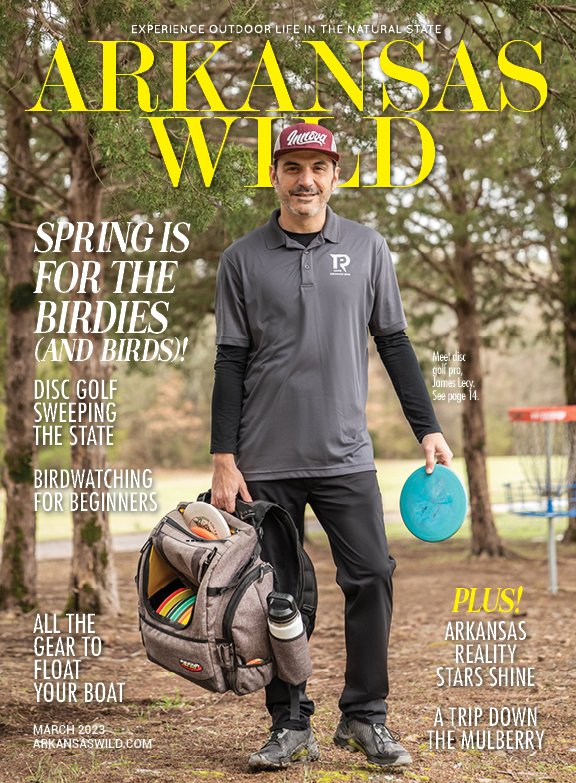No Limits
Jeffrey Glasbrenner, The WILD Interview
By Dwain Hebda
Glasbrenner on a recent trail run: “I’d rather be different than average.” - Photo by Drew Harris
In 1980, while Jeffrey Glasbrenner cut hay with his father on the family’s Wisconsin farm, an equipment accident cost him his right leg below the knee. Doctors didn’t give him much latitude to do anything at the time; in fact, he routinely tells of being issued a list of activities he couldn’t do upon being discharged from the hospital.
Being 8, he bought into it, staying on the sidelines and wondering what the future held. He had no idea what the accident had actually given him by way of motivation and drive, so long did it lay dormant.
Arriving at college, a dorm mate spotted him and invited him to join a wheelchair basketball team. He sucked at first, but loved the competition, and he worked obsessively to improve. That passion eventually lead to Team USA and two world titles, three Paralympics and playing professionally in Europe.
Basketball success loosed a floodgate of other goals, starting with Ironman triathlons, of which he’s finished more than two dozen, including a jaw-dropping eight in eight months in 2010. Triathlons gave way to mountaineering, an obsession that led him all over the world to scale its most famous peaks, capped by climbing Mount Everest in 2016.
Arkansas WILD caught up with the Little Rock-based professional athlete, author, movie consultant and motivational speaker to learn about conquering the personal Everests that live within each of us.
Photo by Drew Harris
ARKANSAS WILD: Do you ever wonder where you’d be right now if there hadn’t been the accident? I do wonder that, but I think everything happens for a reason so I try never to look back. I could still be on the farm in Wisconsin, which would be great, but I didn’t have that path. My parents always said look forward; if you dwell on your past, the only thing you’re doing is living in your past. I always try to focus on what I have in front of me rather than what happened to me when I was 8 years old.
Do most people recognize their own disability? I don’t think they do. That’s very true. I don’t know what you deal with. You could have your own personal struggles or addictions. But you can see mine and therefore you automatically feel sorry for me, at least a lot of people do. I’m like, don’t feel sorry for me because I can do as much if not more than anyone else. Having a disability is just part of what I have to deal with. I think as a kid I developed thick skin; I’d rather be different than average.
What is Step One of overcoming our own Everest? I think it’s just getting out of your own fear. Most people don’t like change, they want to go to their job and do the same thing every day. It feels comfortable. For me I always try to get out of that comfort zone and set those goals. I just started Crossfit a couple months ago and like, endurance I can beat pretty much anyone but when it comes to strength, I’m the worst in the class. But that inspires me to make my weakness a strength.
The first step, I think, is recognizing your passion. So many people don’t know what they want to do. They don’t know who they are. I was very fortunate to always be told I couldn’t do something and then I discovered that I could and I thought that was just the greatest thing in the world. I never looked back. I was proud of that new goal and that new challenge, that new something.
Does one feed into another? If we push through our first fear, do we find a whole new world? I think that is a great statement. I didn’t know I could play sports and all of a sudden I played wheelchair basketball and I’m like “Wow! I can be good at this.” All of a sudden, I saw this program on TV that people are running, biking and swimming and I’m like “Oh, maybe I can try this!” I was out in Colorado for a few years and I was exposed to rock climbing and I was exposed to hiking and just being out. There’s a whole new world.
Most of us just see every day in front of us. Most people are just so comfortable living in that little zone and they’re just afraid to give that little extra. It’s a little bit uncomfortable doing that little bit more, but when you do that little bit uncomfortable, all of a sudden it becomes easier and then a new world opens. Then you want more.
That’s the only way to get good, the only way to be the best, if you suck for a while.
I hear you say if you’re going to be the best you almost have to be selfish. Yes. Right. It’s very selfish.
Do people have to give themselves permission to be selfish within that space? I think the key in life is just having that balance, you know? I couldn’t do what I do without the support of my wife and my family. [For Everest] on the front side of it we sat down for a long time and talked about the pros and cons of me doing this. Death being a big con. That’s the bad side of that coin, you know? But the whole thing is, I just really feel like if you don’t really push yourself like that, are you truly living?
Scaling Everest, one of many peaks Glasbrenner’s conquered. - Photo Courtesy of: Jeffrey Glasbrenner
The hardest thing about Everest is not physical, it’s mental. I mean you’re isolated, you’re totally alone. You don’t have your electronics to keep in touch. You are isolated and every single day you’re worried about the next day. Do you stay where you are? Do you go back down or do you go up the mountain? Life gets real simple.
How do the lessons of conquering our personal Everest inform the other areas of our life? It makes me appreciate the moment. In mountaineering we have this rule: Don’t make it to the peak and miss the point. The whole point is truly the journey. Another way we always like to say is, the summit’s for the ego, the journey is for the soul. So for me it’s just bringing that whole process together.
So, about the whole “I’m too busy,” excuse... Are you really? It’s just an excuse. We all have them. I have them some days, too. Some days I don’t feel like doing this or that but I still get it done. I just think maybe people haven’t found their passion or they haven’t found their purpose. Maybe they’re busy because they don’t want to do that. Maybe they’re busy because they’re afraid to fail.
My biggest learning moments come when I’m the worst in those Crossfit classes. It’s like, all right, what’s this guy doing to beat me? How come he’s stronger than I am? Then you learn and try to find a way to get better. You don’t have to win, but you can get better.
During one of your Ironmans, you ran right by the hospital that gave you that piece of paper listing everything you supposedly couldn’t do. If you were still dragging that around today would you be so effective? Or is it still a fuel? It fuels my fire, for sure. You tell me I can’t do something, I’ll prove you wrong tomorrow. I guarantee it. When they handed me that piece of paper, of this is what I can do, this is what I can’t do, and then you start realizing that maybe it’s not someone else’s decision. Maybe it’s my decision what I can and cannot do. I think that was the biggest thing I learned from that sheet of paper and that moment at the Ironman.
So many people are just afraid to try. I think if they just kind of took that first step toward that summit, then it becomes easier. Everyone’s so focused on that summit they can’t really take a look around and see that next step in front of them. The next step is not that bad. Then the next couple steps, it’s not that bad. All of a sudden, you’re halfway up that damn mountain before you know it. Then you can take a look around and enjoy the view.





